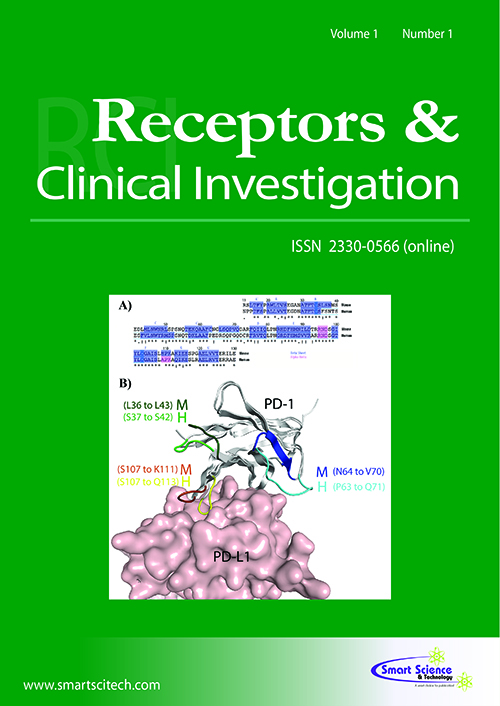Molecular basis of shikonin-induced immunogenic cell death: insights for developing cancer therapeutics
Abstract
Shikonin, a natural plant product isolated from the herb Lithospermum erythrorhizon, has been found to strongly stimulate immunogenic cell death (ICD) of tumor cells, which induced a potent immune response by dendritic cells (DCs) to suppress tumor growth and/or metastasis. Recently, specific intracellular protein targets including heterogeneous nuclear ribonucleoprotein A1 (hnRNPA1) and pyruvate kinase-M2 (PKM2) have been demonstrated to act as candidate receptors for shikonin. Among them, direct binding-interference with hnRNPA1 was found to be critical for shikonin-induced immunogenicity of mammary tumor cells, which can result in strong suppression of tumor metastasis. Mechanistic studies have further revealed that specific damage-associated molecular patterns (DAMPs) associated with immunogenicity, including heat shock proteins 70 (HSP-70), calreticulin (CRT) and high mobility group box 1 (HMGB1) in tumor cell lysate (TCL), can play important and comprehensive roles in activating specific immunities of tumor cell lysate (TCL)-pulsed DCs. In this brief review article, we present these findings together and further provide a molecular mode of action as the pharmacological basis of SK-induced ICD.










